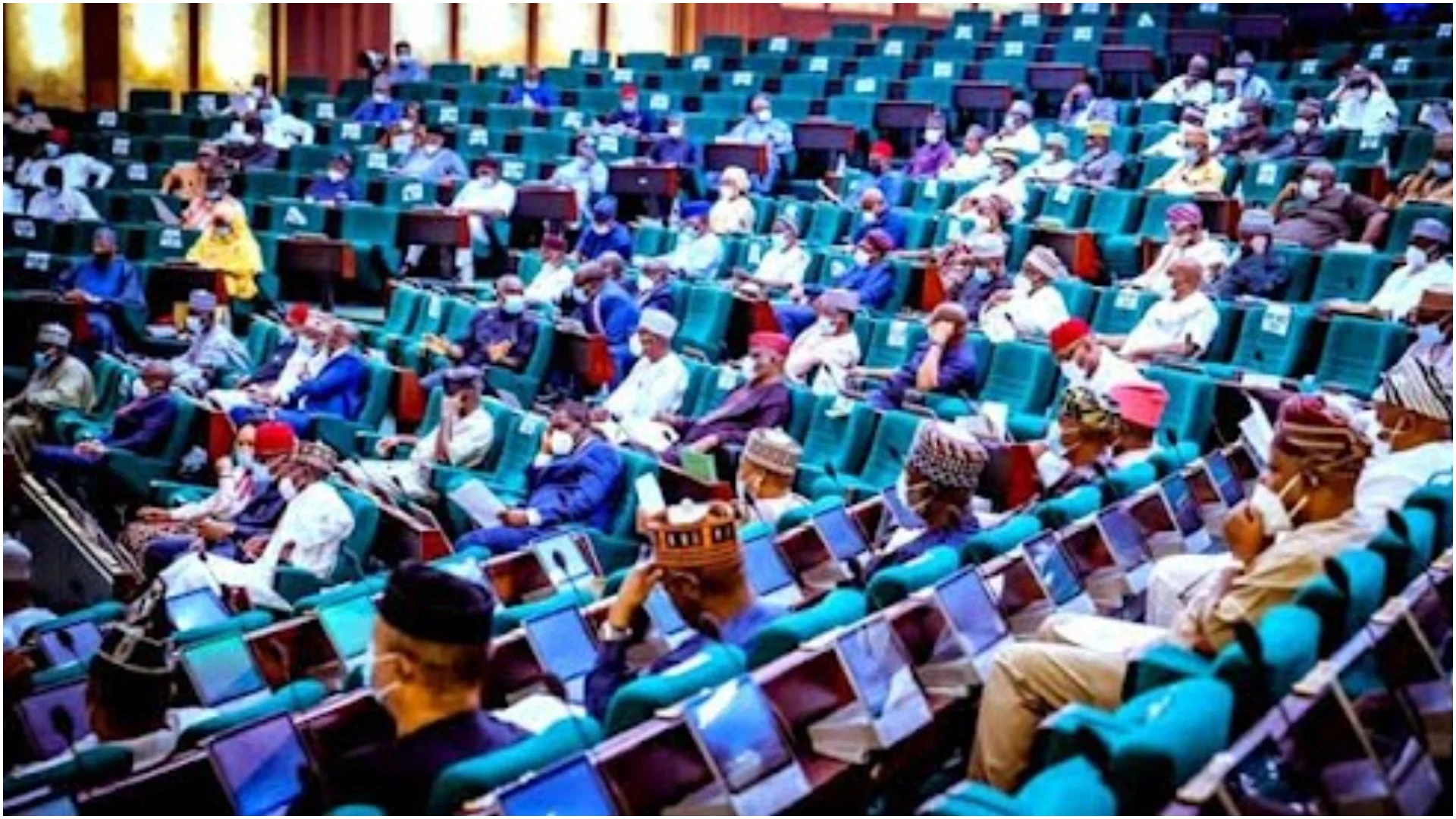
The House of Representatives, on Wednesday, strongly opposed a proposed legislation in the United States Senate, describing it as a gross misrepresentation of Nigeria’s religious and security realities.
This followed the adoption of a motion titled “Urgent Need for a Coordinated Diplomatic and Domestic Response to the Proposed Nigeria Religious Freedom Accountability Act of 2025 (U.S. Senate Bill S.2747) and to Mischaracterisations of Nigeria’s Security and Religious-Freedom Landscape”, sponsored by Deputy Speaker Hon. Benjamin Kalu and several other lawmakers.
The controversial U.S. bill, introduced in the Senate on September 9, 2025, seeks to designate Nigeria as a “Country of Particular Concern” (CPC) over alleged religious freedom violations and to sanction Nigerian officials under Executive Order 13818, also known as the Global Magnitsky Act.
In adopting the motion, the House rejected what it called a “distorted and incomplete portrayal” of Nigeria’s situation, stressing that insecurity in the country is not religion-based but driven by insurgency, banditry, separatist violence, and communal clashes that affect citizens of all faiths.
Hon. Kalu reminded his colleagues that the Nigerian Constitution guarantees freedom of thought, conscience, and religion, and forbids the adoption of any state religion. He noted that successive governments have protected worshippers of all faiths while ensuring that perpetrators of violence face justice.
He cautioned that “external actions based on misinformed assumptions not only threaten our sovereignty but could embolden violent actors.”
Majority Leader, Prof. Julius Ihonvbere, said the misinformation surrounding Nigeria must be corrected, lamenting that “many people, including Nigerians, are bent on demarketing the country.”
Also contributing, Hon. Sada Soli (Jibia/Kaita Federal Constituency, Katsina State) urged the Federal Government to express its displeasure over what he described as “a deliberate attempt to tarnish Nigeria’s image.”
Similarly, Hon. Billy Osawaru (Edo) decried Nigeria’s current diplomatic lapses, noting that “Nigeria does not even have an Ambassador to the United States at the moment,” and emphasised the urgency of addressing the gap, warning that the country “cannot afford to fail the African continent.”
In its resolutions, the House condemned all forms of violence and persecution on religious grounds and reaffirmed Nigeria’s constitutional commitment to freedom of religion and belief.
It further directed its Committees on Foreign Affairs, National Security and Intelligence, Interior, Information, National Orientation and Values, Police Affairs, Civil Society, and Human Rights to work with the Federal Ministry of Foreign Affairs and the Nigerian Embassy in Washington, D.C., within 21 days to file a formal diplomatic protest against the U.S. bill.
The House also mandated the committees to establish a Nigeria–U.S. Joint Fact-Finding and Dialogue Mechanism on Freedom of Religion or Belief (FoRB), involving faith leaders, independent experts, and the U.S. Commission on International Religious Freedom (USCIRF).
Additionally, the Committee on Legislative Compliance was tasked to ensure full implementation of the resolutions and report back within 28 days.
With the unanimous adoption of the motion, the House reaffirmed its resolve to defend Nigeria’s image globally and ensure that engagements with international partners are guided by facts, fairness, and mutual respect.


